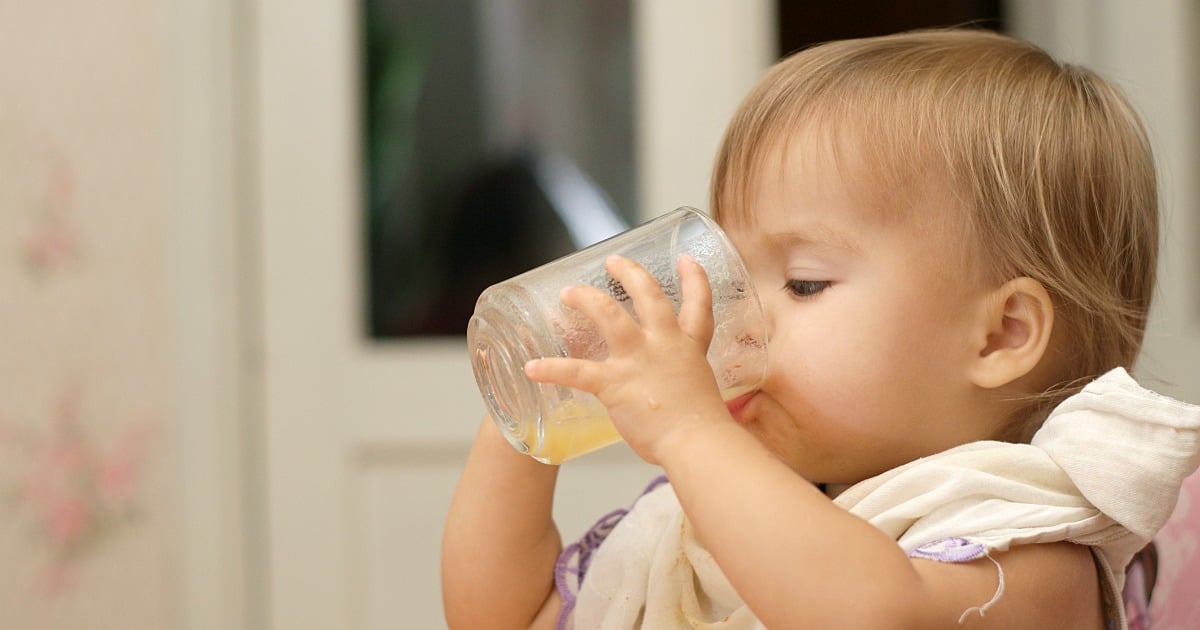Newly revised guidelines from the American Academy of Pediatrics (APP) advise parents they should not introduce juice into the diet of infants before 12 months of age. This is a tougher recommendation than the previous recommendations from the academy in 2001 of juice not being introduced before 6 months of age.
The APP guidelines state that ‘fruit juice offers no nutritional benefit for infants younger than 1 year’ and that ‘fruit juice offers no nutritional benefits over whole fruit and has no essential role in the healthy balanced diets of children’.
This recommendation is nothing new. In Australia our Infant Feeding Guidelines put released by the National Health and Medical Research Council (NHMRC) in 2012 clearly state that ‘fruit juice and fruit drinks are not necessary or recommended for infants under 12 months’.
An Australian study from 2005 found that 23% of infants consumed juice by 6 months and 67% by 12 months, so the release of updated American guidelines serves a good reminder that juices are not necessary and can do harm in a young child’s diet.


